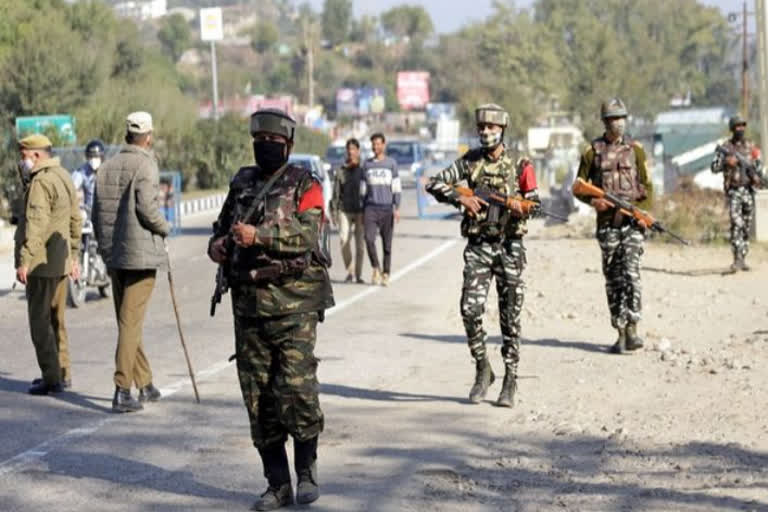New Delhi: Amid a growing demand for repeal of controversial Armed Forces (Special Powers) Act (AFSPA) from Northeast following the killing of 14 civilians in Nagaland's Mon district, former director general of Assam police Prakash Singh on Tuesday emphasised on review of the act 'instead of its immediate repeal.'
Speaking to ETV Bharat, Singh said that the firing incident on December 4 and AFSPA are two different issues.
"Certain elements which are not disposed to the government are trying to take advantage of the tragedy where unarmed civilians were killed by security forces in a case of mistaken identity," said Singh.
He said that AFSPA is a separate issue and these two should not be mixed.
"The issue needs to be considered is under which circumstances the security forces went for operation? What was the intelligence? Was the intelligence right or wrong? Was it misleading? If it was misleading who was responsible? Before opening fire what precautions were adopted to ascertain the identity of the people/ If there was no return fire, why did the security forces continue firing?" said Singh.
"After the first exchange of fire, was it necessary for the second round of firing where seven more people died," he further said.
"These are the issues which need to be examined and studied for which responsibility need to be fixed," said Singh.
He hoped that the court of inquiry setup by the Indian Army as well as SIT setup by the State government will bring the truth out.
When asked whether AFSPA should be repealed or not, Singh said, "this is an ongoing discussion, whether security forces need some cover in insurgency hit-States or not. You should not mix Nagaland incident and AFSPA."
"It should be reviewed if the Act needs to be repealed or continued," Singh, who also served as former director general of BSF, said.
Read: After Army's botched op, Nagas rally around AFSPA
AFSPA was initially implemented in the insurgency hit Northeastern States in 1958 to bring the law and order under control. It was also applied in Punjab and Chandigarh from 1983-1997 and Jammu and Kashmir from 1990 onwards.
